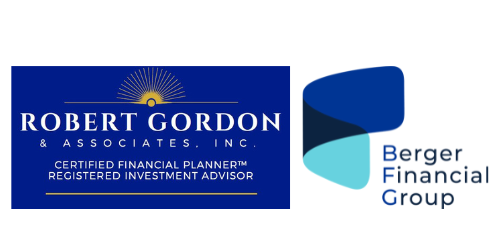Minimum Payment = Maximum Expense
Submitted by Robert Gordon & Associates, Inc on January 15th, 2020
Credit cards: A minimum payment might help you in the short term but could be one of your most expensive decisions.
Want to be your credit card company’s favorite customer? Just max out your card’s limit, agree to pay interest at a rate of 18 percent to 25 percent, and make only the minimum payment each month.
The minimum monthly payment is set by each card issuer, but it’s typically about 2 percent of the outstanding balance. Card companies want you to pay only the minimum, so that most of your payment is interest, not principal.
While you might be tempted to make only the minimum payment, that could be one of the most expensive decisions you ever make. Let’s see how three strategies affect the total cost, assuming the card has a balance of $5,000 and no further purchases are made.
Impact of Paying Only Minimum Payment

*The minimum is assumed to be 2 percent of the outstanding balance. The payment starts at $100 a month and gradually declines: The first $75 is interest; only $25 is applied against principal. Thus, in month 2, the new balance is $4,975 -- so the new minimum is $99.50 (two percent of $4,975).
As you can see, making the minimum payment is expensive. That’s ironic, because people choose the minimum payment precisely because they think doing so saves them money (which it does -- but only in terms of monthly cash outlay). That’s why you must always pay more than the monthly minimum. How much more? Ideally, you’ll pay off the entire balance!

